How much EPL giant Chelsea could lose as Russian oligarch owner Roman Abramovich exits
With the UK government now controlling who buys Chelsea, it is difficult to see how the Blues can maintain their position as one of the elite clubs in European football.
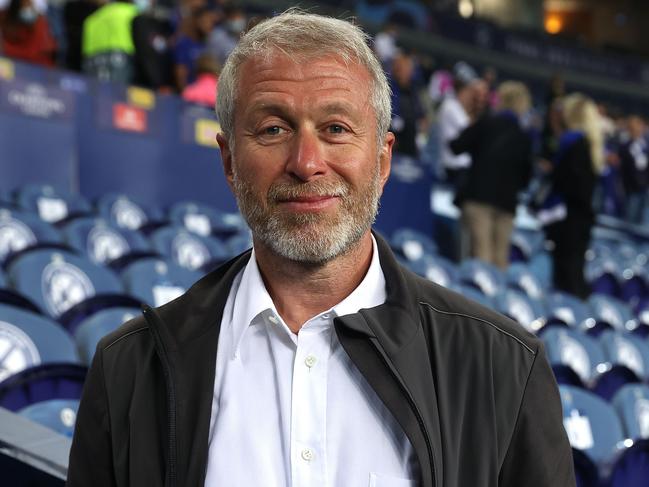
Football
Don't miss out on the headlines from Football. Followed categories will be added to My News.
Roman Abramovich built his enormous wealth in Russia through making the best use of his political connections and knowing when to sell up and get out. It is extraordinary how those faculties deserted him when it came to his ownership of Chelsea.
The writing has been on the wall since his UK work visa was not renewed in the aftermath of the Salisbury Novichok attack in 2018, a move that led Abramovich to postpone indefinitely the planned one billion pound redevelopment of Stamford Bridge, which would have been completed by now had it gone ahead as planned.
Instead, Stamford Bridge is now an ageing stadium, where opposition teams have recently complained about the size of the cramped away dressing rooms. This resulted in an emergency annexation of a portion of the media room, which has long teemed with dozens of journalists from around the world who would elbow their way towards the sumptuous pre-match buffets that were laid on after Abramovich took over.
The state of the ground and the soaring cost of any redevelopment was just one of the factors that made Abramovich’s three billion pound evaluation of the club such a nonsense. It is believed that the oligarch has been trying to sell the club since his first brush with the British government over the Salisbury attack, but having priced himself out of the market he now finds himself with an asset worth precisely nothing to him after punitive sanctions were imposed on Thursday – unless he takes on the British government through the courts and wins.
On Saturday, he suffered another ignominy as the Premier League disqualified him as a club director.
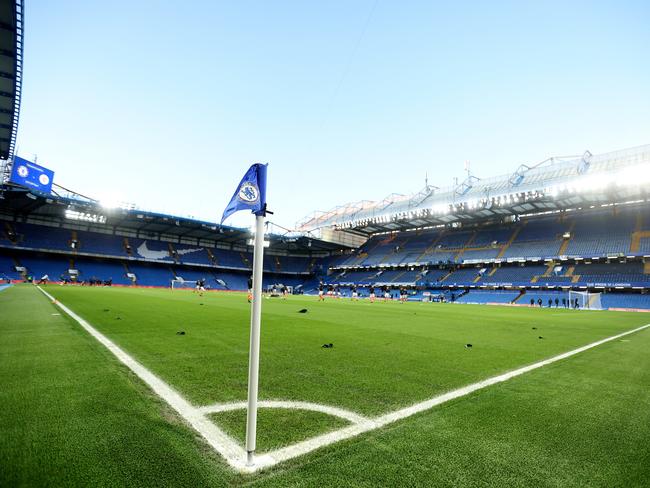
How different to the slick way in which Abramovich disposed of his Russian assets before Vladimir Putin cracked down on the oligarchs who had plundered the state’s resources with the connivance of the country’s then leader, Boris Yeltsin. Abramovich’s failure to sell Chelsea in that four-year period after the Salisbury attack meant the club was a sitting duck once the invasion of Ukraine began and the government came under pressure to identify targets in the UK that could be used to retaliate against Putin when direct action in the war zone was quickly ruled out.
Abramovich’s initial moves when he put the club up for sale after the invasion of Ukraine last month – saying all net profits would go to the casualties of the war, and handing over the running of the club to its charitable foundation – did not go far enough. There were some glaring omissions, such as detail on how much Abramovich would be taking from the sale, plus a lack of condemnation of the invasion. A club statement on February 27 instead talked about the horror and devastation of “the situation in Ukraine”.
From a UK government perspective, the ideal scenario would have been that Abramovich became the most prominent oligarch to criticise Putin, but the Chelsea owner clearly felt he would not or could not do that. Inevitably, the British government moved to prevent the sale, once it was able to establish clearly that Abramovich was still doing business with Putin.
While enormous profits yielded from the 2005 sale of the natural gas company Sibneft (now known as Gazprom) back to the Russian state were splurged on Chelsea and other expensive luxuries such as a fleet of yachts, Abramovich kept some Russian investments, namely the manufacturing company Evraz, in which he has an estimated 29 per cent stake. Evraz is accused of selling steel to the Russian military for the building of tanks, a claim that is denied.
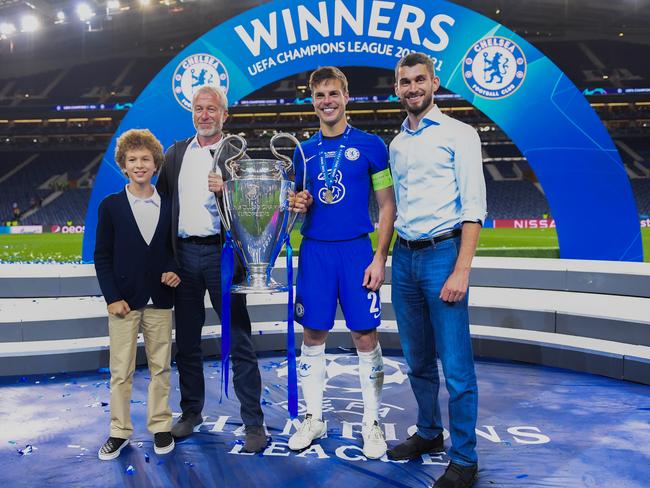
The new licence that allows Chelsea to operate prevents the club from generating fresh revenues, which means the merchandise shop has been forced to close and there is a bar on any ticket sales, though the game on Sunday against Newcastle United at Stamford Bridge was already sold out in both the home and away sections before the sanctions were introduced – as is Chelsea’s next Premier League game at home to Brentford.
It is in Saturday’s FA Cup quarter-final away to Middlesbrough that Chelsea hope the anomalies of the restrictions hit home, as the Championship side will also suffer financially from the away end being empty.
Should Chelsea win that game, a semi-final at Wembley could be only half full if they are not allowed sell tickets for it.
Back in 2008, Chelsea’s then chief executive Peter Kenyon said the club would be self-financing by 2011. That never happened, as Chelsea’s global reach has been limited, and Abramovich was subsidising the club’s monthly wage bill of about 28 million pounds.
Chelsea have long been an unpopular club and there will not be much sympathy from outside the club that it cannot negotiate new contracts for the likes of Andreas Christensen and Antonio Rudiger, who are free to leave in the summer. Around now, the club might also have been opening talks with players such as N’Golo Kante and Marcos Alonso, whose deals expire at the end of next season.
The uncertainty around the clubs’s future will surely force the players, or at least their agents, to consider pastures new. With Sunday’s opponents, Newcastle, now looking likely to stay up, there is at least one Premier League club that will be desperate to recruit top talent and will be unconcerned by the cost of a spiralling wage bill. This being football, any concerns about the Saudi billions being pumped into Tyneside will be suppressed by all who benefit.
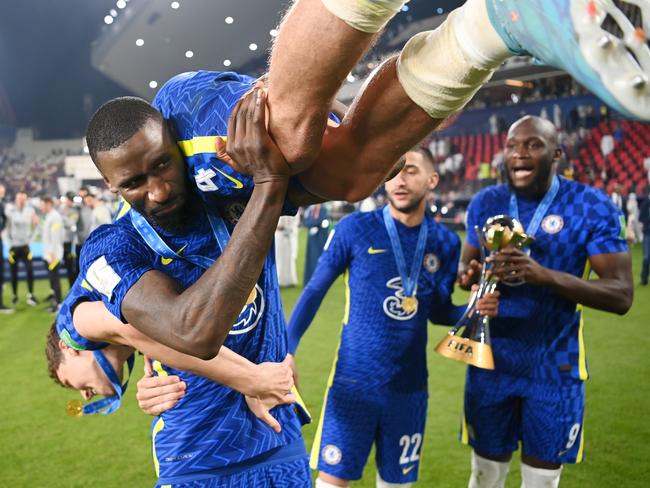
Back at Chelsea, the club claims that restrictions on the amounts that they can spend are unrealistic. For example, the 20,000 pound cap on spending for the team to travel to away games, and the 500,000 pound restriction on what they spend to host games at Stamford Bridge. That could result in parts of the ground being closed, because the cost of stewarding and security would exceed the limitation.
Still, Chelsea say they can continue to operate without Abramovich’s subsidies – 1.5 billion pounds since he took over the club 19 years ago – as long as they are treated like a normal club with the same income streams as everybody else. When Chelsea bought Romelu Lukaku from Inter Milan for 97.5 million pounds in the summer, the purchase was funded by the sale of players from their academy at the Cobham training ground, built with Abramovich’s money and one of his lasting legacies. Such deals are no longer possible.
Season-ticket and hospitality sales for next season would normally begin around now. If these restrictions and others are not eased, Chelsea say, they will soon be in big trouble. The preferred option for the government is a quick sale, as the prospect of administration would be bad for the Premier League and the image of the country abroad, as the London club is regarded as a “cultural asset”.
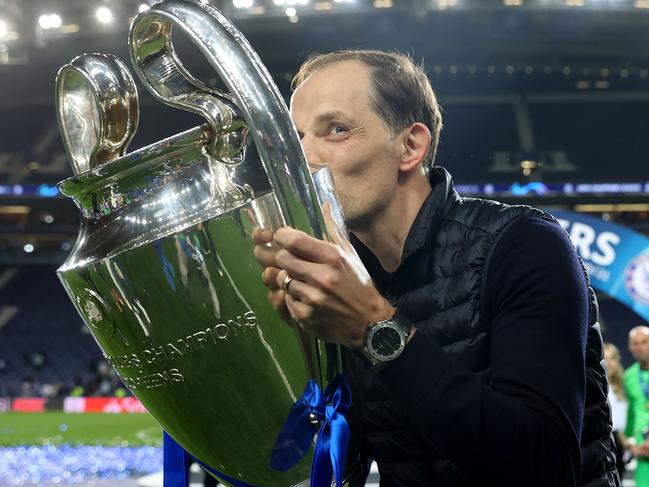
With the government now controlling who buys the club and where the proceeds of the sale will go, it is difficult to see how Chelsea can maintain their position as one of the elite clubs in European football. Passing on a club that can continue to win Premier League titles and Champions Leagues will not be a priority.
The government will be keen to pass on the club to a clean pair of hands, and the safest bet could be a consortium of western businesspeople who have stockpiled cash during the pandemic and would be prepared to make a bid. One boost for Chelsea is that the head coach, Thomas Tuchel, has said he is prepared to adjust to the new realities at the club.
Tuchel and the Chelsea hierarchy will be hoping that no more goodwill is lost by further defiant shows of support for Abramovich at the match on Sunday, but experience tells us the reality will probably be otherwise.
Chelsea supporters incensed at the planned European Super League did, after all, block coaches arriving for a Premier League game against Brighton & Hove Albion last year until the intervention of their former player, Petr Cech. For that action, the fans were widely lauded. Now, they face being pariahs once more.
– The Sunday Times
Originally published as How much EPL giant Chelsea could lose as Russian oligarch owner Roman Abramovich exits


